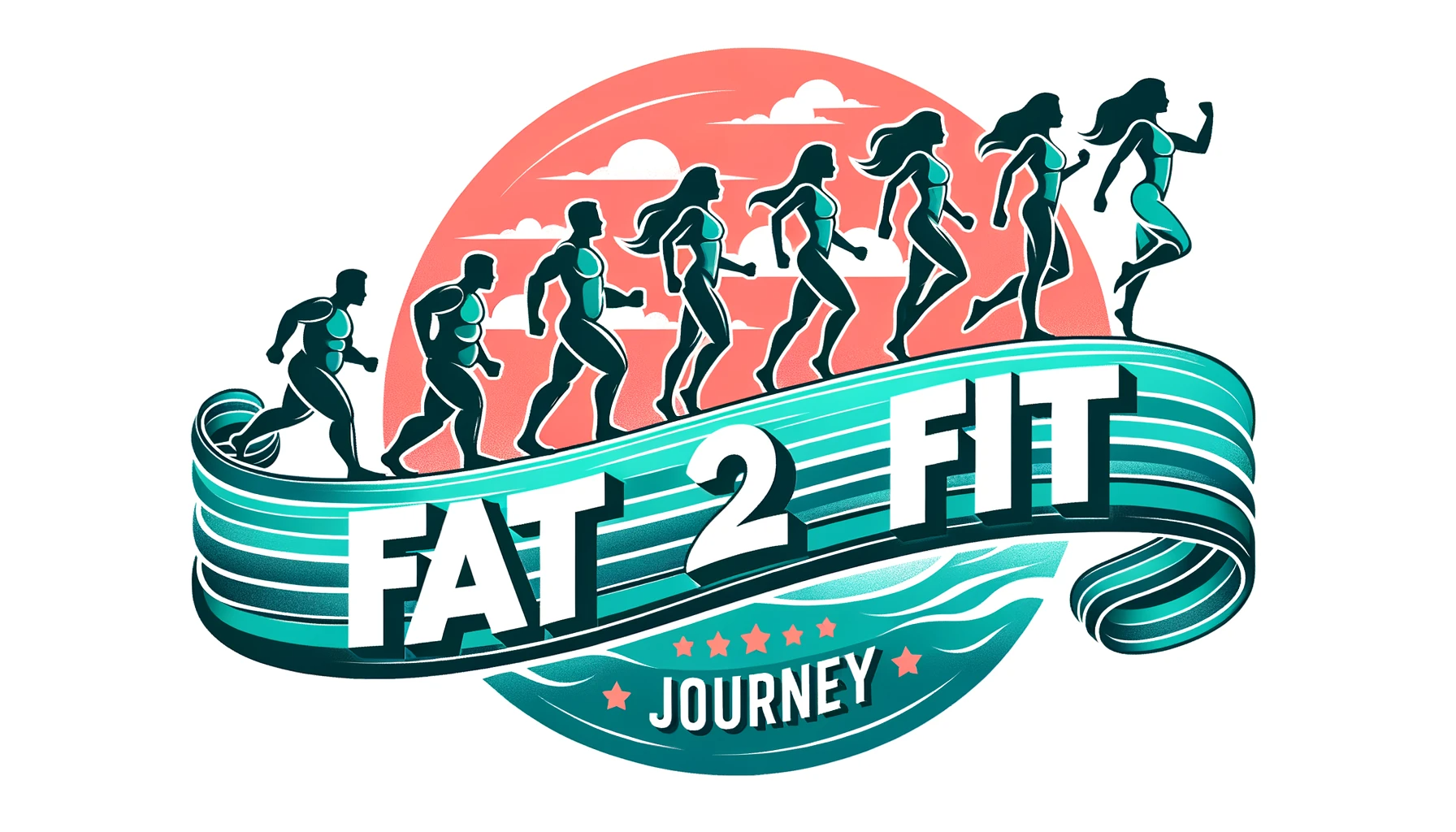As you navigate through your 40s and beyond, it’s essential to prioritize your nutrition in order to age gracefully. In this article, we’ll explore the importance of eating right as a man over 40 and how it can positively impact your overall health and well-being. By making conscious choices about what you consume, you can equip your body with the necessary tools to support your longevity and optimize your physical and mental performance. Let’s delve into the world of nutrition and discover the key elements to help you age gracefully.
Table of Contents
1. The Importance of Nutrition for Men Over 40
As you enter your 40s and beyond, taking care of your health becomes even more important. One key aspect of maintaining overall health is proper nutrition. Eating right and meeting your nutritional needs can have a significant impact on how you age and how well you age. In this article, we will explore the importance of nutrition for men over 40, the common nutritional challenges they may face, and the benefits of eating right for aging gracefully.
1.1 Understanding Aging and Nutritional Needs
As you age, your body goes through various changes that can affect your nutritional needs. Metabolism tends to slow down, muscle mass may decrease, and hormonal changes occur. These factors can influence your body’s ability to process and absorb nutrients, making it crucial to adjust your diet accordingly.
1.2 Common Nutritional Challenges for Men Over 40
There are several nutritional challenges that men over 40 may commonly face. One of these challenges is the need to maintain adequate protein intake. Protein is essential for muscle maintenance and repair, especially as muscle mass naturally declines with age. Additionally, men over 40 may have a higher risk of nutrient deficiencies, including vitamins D and B12, calcium, and magnesium. These deficiencies can contribute to various health issues if not addressed through proper nutrition.
1.3 Benefits of Eating Right for Aging Gracefully
Eating a well-balanced diet and meeting your nutritional needs can bring numerous benefits for men over 40. Firstly, it supports healthy aging by reducing the risk of chronic diseases such as cardiovascular disease, osteoporosis, and cognitive decline. Proper nutrition also helps maintain a healthy weight, as it provides the necessary nutrients while preventing excess calorie intake. Furthermore, eating right can enhance energy levels, promote mental well-being, and improve overall quality of life as you age.
2. Key Nutrients for Men Over 40
To maintain optimal health and support healthy aging, men over 40 should ensure they are getting the right nutrients. Here are some key nutrients that play a crucial role in the well-being of men in this age group.
2.1 Protein
Protein is an essential macronutrient for men over 40. It aids in muscle maintenance, repair, and growth. Aim for a variety of protein sources, such as lean meats, poultry, fish, eggs, legumes, and dairy products. Including protein in each meal can help maintain muscle mass and support overall health.
2.2 Fiber
Fiber is vital for digestive health and maintaining healthy cholesterol levels. It also helps regulate blood sugar levels, preventing sudden spikes and crashes. Increase your fiber intake by consuming whole grains, fruits, vegetables, legumes, and nuts. Aim for at least 25-30 grams of fiber per day.
2.3 Healthy Fats
Healthy fats, such as monounsaturated and polyunsaturated fats, are crucial for heart health and reducing inflammation. Include sources of healthy fats in your diet, such as oily fish, avocados, nuts, seeds, and olive oil. These fats can also help improve cognitive function and support joint health.
2.4 Antioxidants
Antioxidants are essential for combating oxidative stress and reducing the risk of chronic diseases. Include a variety of colorful fruits and vegetables in your diet, as they are rich in antioxidants. Berries, leafy greens, citrus fruits, and cruciferous vegetables are great choices.
2.5 Vitamins and Minerals
Vitamins and minerals play a crucial role in maintaining overall health and supporting various bodily functions. Ensure you are getting an adequate intake of vitamins A, C, D, E, and K, as well as minerals like calcium, magnesium, and zinc. A varied and balanced diet that includes a wide range of fruits, vegetables, whole grains, and lean protein sources can help meet these needs.
2.6 Hydration
Proper hydration is important for men over 40 as it supports digestion, nutrient absorption, and overall bodily functions. Aim to drink at least 8 cups (64 ounces) of water per day. Increase your fluid intake if you engage in physical activity or are in hot weather conditions.

3. Calorie Needs and Body Composition
As you age, your calorie needs and body composition may change. Understanding these changes is important to maintain a healthy weight and support overall health.
3.1 Understanding Basal Metabolic Rate (BMR)
Basal Metabolic Rate (BMR) refers to the number of calories your body needs to maintain basic physiological functions while at rest. This includes activities such as breathing and maintaining body temperature. BMR tends to decrease with age, primarily due to the loss of muscle mass.
3.2 Adjusting Caloric Intake with Age
To maintain a healthy weight, it is important to adjust your caloric intake with age. As BMR decreases, you may need to consume fewer calories to prevent weight gain. However, it is essential to meet your nutrient needs and avoid severe calorie restriction to ensure optimal health.
3.3 Maintaining Muscle Mass and Reducing Body Fat
Maintaining muscle mass becomes increasingly important as you age. Engaging in strength training exercises can help preserve and build muscle mass. This, coupled with a well-balanced diet that includes adequate protein, can promote a healthy body composition by reducing body fat and increasing lean muscle mass.
4. Meal Planning and Portion Control
Meal planning and portion control are essential strategies for ensuring a well-balanced diet and managing calorie intake.
4.1 Building Balanced Meals
When planning your meals, aim for a balance of macronutrients. Include a source of protein, such as lean meat, poultry, fish, or plant-based protein, in each meal. Add a variety of fruits and vegetables to ensure an adequate intake of vitamins and minerals. Incorporate whole grains, such as brown rice or whole wheat bread, for added fiber.
4.2 Importance of Regular Meal Patterns
Establishing regular meal patterns can help maintain stable blood sugar levels, support metabolism, and prevent overeating. Aim to eat three balanced meals per day and include healthy snacks if needed.
4.3 Controlling Portion Sizes
Controlling portion sizes is crucial for managing caloric intake. Use measuring cups or portion control plates to ensure you are consuming appropriate portions. Be mindful of portion sizes when dining out, as restaurant portions are often larger than what is necessary for one meal.
4.4 Balancing Macronutrients
Balancing macronutrients involves consuming the right proportions of carbohydrates, proteins, and fats. Aim for a balanced plate that includes approximately 50% carbohydrates (mostly complex carbohydrates), 25% protein, and 25% healthy fats.

5. Realistic Nutrition Goals for Men Over 40
Setting realistic nutrition goals can help you make positive changes to your diet and overall health.
5.1 Nutrient-Dense Foods
Focus on consuming nutrient-dense foods that provide a high amount of nutrients relative to their calorie content. These include fruits, vegetables, whole grains, lean proteins, and healthy fats. Prioritizing nutrient-dense foods ensures you are getting the most nutrition out of your meals.
5.2 Nutritional Supplements
In some cases, nutritional supplements may be beneficial for men over 40. Vitamin D, omega-3 fatty acids, and calcium supplements may be recommended by a healthcare professional based on individual needs and deficiencies. However, it is important to consult with a healthcare provider before starting any supplements.
5.3 Limiting Processed Foods and Added Sugars
Limiting processed foods and added sugars is crucial for overall health. Processed foods are often high in unhealthy fats, sodium, and artificial additives. Opt for whole, unprocessed foods whenever possible. Similarly, reducing your intake of added sugars can help lower the risk of obesity, type 2 diabetes, and heart disease.
5.4 Alcohol Moderation
Moderate alcohol consumption can be a part of a healthy lifestyle, but it is important to keep it within recommended limits. Excessive alcohol consumption can lead to various health issues, including liver damage, increased blood pressure, and an increased risk of certain cancers. Follow the guidelines of moderate alcohol intake, which is up to two standard drinks per day for men.
6. Special Considerations for Men Over 40
Besides general nutrition recommendations, there are specific considerations that men over 40 should keep in mind.
6.1 Heart Health and Cholesterol
Heart health becomes increasingly important as you age. Excessive intake of saturated and trans fats can contribute to high cholesterol levels and increase your risk of heart disease. Opt for healthy fats, such as those found in avocado, fish, and olive oil, and limit intake of saturated and trans fats found in fried foods, fatty meats, and processed snacks.
6.2 Bone Health and Osteoporosis
Maintaining bone health is crucial for preventing osteoporosis, a condition characterized by weak and brittle bones. Adequate intake of calcium, vitamin D, and other bone-supporting nutrients is essential. Include dairy products, leafy greens, fortified foods, and supplements as needed.
6.3 Prostate Health
Men over 40 should pay attention to their prostate health. Consuming foods rich in antioxidants, such as tomatoes, berries, and cruciferous vegetables, can support prostate health. Additionally, regular screening and consultation with a healthcare provider is important.
6.4 Cognitive Function and Brain Health
Maintaining cognitive function and brain health is essential for overall well-being. Consuming a diet rich in foods that support brain health, such as fatty fish, berries, walnuts, and green leafy vegetables, can provide important nutrients and antioxidants. Regular mental stimulation, social engagement, and exercise are also important for brain health.
7. Lifestyle Factors That Support Healthy Aging
In addition to nutrition, several lifestyle factors contribute to healthy aging in men over 40.
7.1 Regular Physical Activity
Engaging in regular physical activity has numerous benefits for men over 40. It helps maintain muscle mass, promotes cardiovascular health, supports weight management, and improves overall mood and well-being. Aim for a combination of aerobic exercises, strength training, and flexibility exercises.
7.2 Stress Management
As you age, stress management becomes increasingly important. Chronic stress can contribute to various health issues, including cardiovascular problems and mental health disorders. Find healthy ways to manage stress, such as practicing relaxation techniques, engaging in hobbies, spending time in nature, and seeking support from friends and family.
7.3 Quality Sleep
Getting adequate, quality sleep is essential for overall health and well-being. Lack of sleep can negatively impact hormone levels, metabolism, mood, and cognitive function. Aim for 7-9 hours of uninterrupted sleep each night and prioritize good sleep hygiene practices.
7.4 Social Connections
Maintaining social connections and nurturing healthy relationships is important for mental and emotional well-being. Stay connected with family and friends, participate in social activities, and engage in hobbies and interests that promote social interactions.
8. Strategies for Implementing Healthy Eating Habits
Implementing healthy eating habits can be challenging, but with the right strategies, it becomes more manageable.
8.1 Gradual Dietary Changes
Instead of making drastic changes all at once, opt for gradual dietary changes. Start by incorporating one healthy habit at a time, such as adding an extra serving of vegetables to your meals or switching from refined grains to whole grains. Slowly build upon these changes over time.
8.2 Mindful Eating
Practicing mindful eating involves paying attention to your body’s hunger and fullness cues, as well as the taste and texture of food. Eat slowly, savor each bite, and avoid distractions during meal times. This helps promote better digestion, prevents overeating, and fosters a healthier relationship with food.
8.3 Meal Prepping and Food Shopping
Planning and preparing meals in advance can be a time-saving and effective strategy for maintaining a healthy diet. Dedicate time each week to meal prepping and make a shopping list before heading to the grocery store. Stick to the perimeter of the store where fresh produce, lean meats, and dairy products are typically located.
8.4 Seeking Professional Guidance
If you find it challenging to navigate the world of nutrition and healthy eating, consider seeking professional guidance. A Registered Dietitian Nutritionist (RDN) can provide personalized advice and support tailored to your individual needs. They can help you develop an optimal eating plan and address any specific concerns or health conditions.
9. Seeking Professional Guidance
When it comes to nutrition and health, seeking professional guidance can provide valuable insights and support.
9.1 Registered Dietitian Nutritionist (RDN)
A Registered Dietitian Nutritionist (RDN) is a qualified healthcare professional who specializes in nutrition. They have the knowledge and expertise to provide personalized nutrition advice tailored to your specific needs. Consulting with an RDN can help you optimize your diet, address any nutrient deficiencies, and manage any health conditions.
9.2 Medical Evaluation and Blood Tests
As you age, it is important to undergo regular medical evaluations and blood tests to assess your overall health and identify any underlying conditions. These evaluations can provide valuable information about your nutrient status, cholesterol levels, blood pressure, and other crucial health markers. Consult with your healthcare provider to determine the appropriate testing for you.
9.3 Individualized Nutritional Recommendations
Based on the results of medical evaluations and blood tests, your healthcare provider or RDN can provide individualized nutritional recommendations. These recommendations can help you make informed decisions about your diet and ensure you are meeting your specific nutritional needs.
10. Conclusion
Proper nutrition plays a vital role in the well-being and healthy aging of men over 40. By understanding the importance of nutrition, key nutrients, calorie needs, meal planning, and lifestyle factors, you can make informed choices to support your overall health. Remember to set realistic nutrition goals, seek professional guidance when needed, and prioritize a balanced and nutrient-dense diet. By eating right and adopting healthy lifestyle habits, you can age gracefully and enjoy optimal health in your 40s and beyond.

